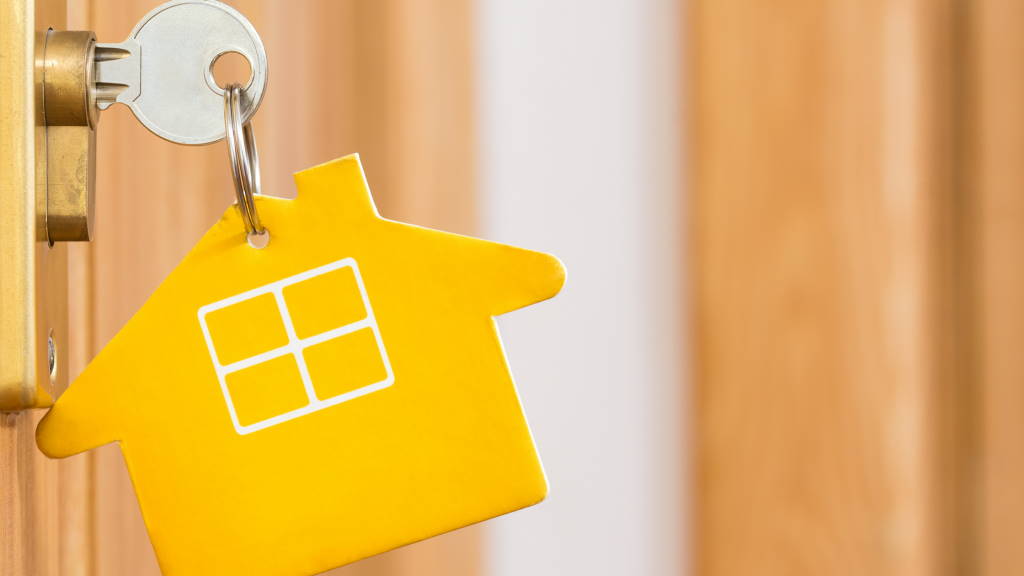Quick Summary
Gross Rent Multiplier = Property Cost/Gross Annual Rent
Why Should You Use The Gross Rent Multiplier?
The Gross Rent Multiplier (GRM) helps you determine if an investment property is a good purchase. There are other factors investors should consider too, but using the GRM stops you from investing time and money in a property that’s not worth it. You’ll know right away if a property can withstand market changes or if it will be an instant loss when the market turns.
Unlike other calculations, the GRM is an easy one that anyone can figure out, which is why we think it’s such an important calculation to know.
You’ll need two figures when determining the GRM.
What’s The Home’s Purchase Price?
This one is easy. How much is the seller asking? If you’d offer a price much lower than the asking price, use that number. If you aren’t sure how much a seller would accept, look up the home’s fair market value and use that figure as a starting point.
Most sellers want to make at least the market value.
What’s The Gross Rent?
This is the tricky part, but it’s not impossible. The gross rent is the total rent you earn before expenses.
Do your research. What’s the fair market rent for the area? Take into consideration anything additionally valuable about the property and adjust accordingly. Remember this is a ‘quick look’ at a property’s potential.
It doesn’t consider the taxes, insurance, and regular operating costs of owning a property, so it should be your first, but not the last step.
Make sure you annualize the rent. If the fair market rent for the area is $1,000, then the annual gross rent is $12,000.
Calculating the GRM
Now that you have the necessary numbers, you can calculate a property’s GRM:
Gross Rent Multiplier = Property Cost/Gross Annual Rent
You can manipulate the equation a bit too. For example, if you have the fair market rent for an area and the average GRM, you can determine the property price:
Property Price = Gross rental income x GRM
You can also use it to calculate the potential gross rent if you know the property price and the area’s average GRM:
Gross Annual Rent = Property Price/GRM
Play around with the numbers to see what you come up with when looking at investment properties.
Gross Rent Multiplier Formula Example
Property Details
- Property Price: $250,000
- Gross Annual Rent: $36,000
Apply GRM Formula
- GRM = Property Cost/Gross Annual Rent
- GRM = $250,000/$36,000
- GRM = 6.94
What’s A Good GRM?
A good GRM is subjective. On average, aim for a 4 to 7, but other factors can play a role in the final number. The Gross Rent Multiplier doesn’t include operating expenses, taxes, or insurance, so that plays a role in your decision too.
The more work a property needs, the lower GRM you want if you want to break-even fast. The average GRM (4 to 7) is ideal for properties that are in decent condition but may need a little work.
Properties that require a lot of work should have a much lower GRM and properties with a high GRM should need little to no work at all.
Lastly, this article also goes into more detail about what a good gross rent multiplier is in most cases.
Should You Use Gross Rent Multiplier?
The GRM gives you a good idea of a home’s profitability, but it’s not the only factor. If you focused on this calculation alone, you may be misguided. Use it as a starting point. You know if a property’s GRM far exceeds your threshold that it’s not a good investment or that it needs a lot of work.
Once you decide a property is worth it, look further into the vacancy rate and operating expenses. We like the Gross Rent Multiplier to level the playing field and narrow down choices, as it can be overwhelming especially in a buyer’s market.
When you’ve narrowed your choices down, consider other more concrete factors. Look at the rental market. Is it hot are renters paying the price you anticipate? Also, think about what the home needs – how long will it take to get it up and running so you can rent it out for the price you hoped?
Investing in real estate is exciting and profitable, but only when you consider the right factors. Start with the GRM and investing further when you find the property that suits your needs the most.



